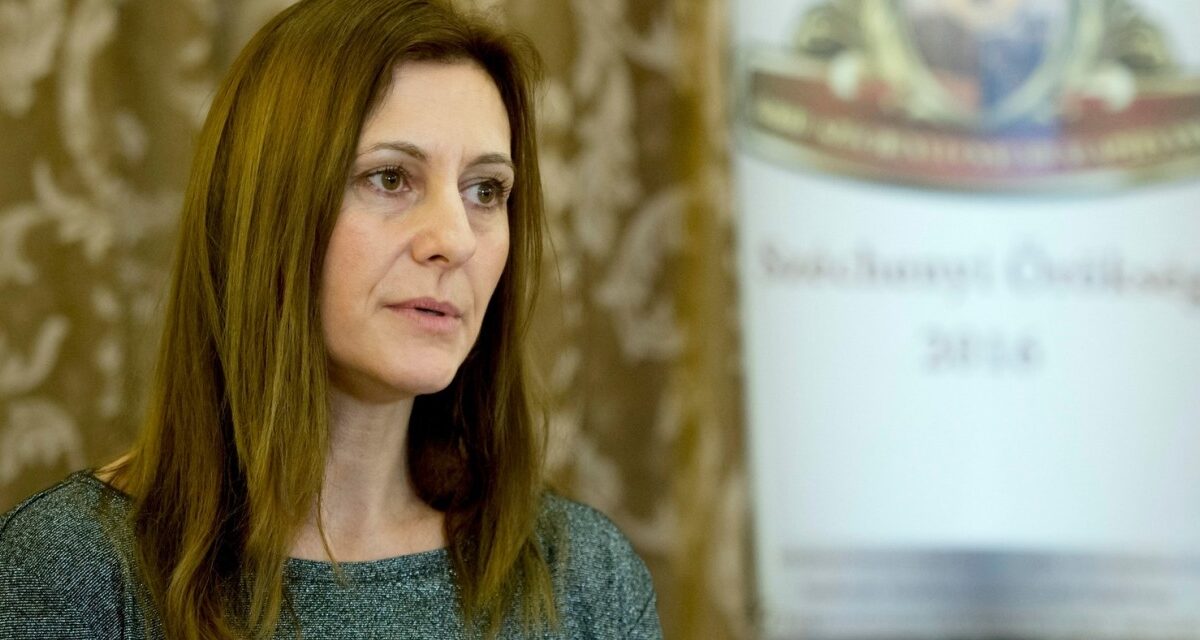István Széchenyi, the greatest Hungarian oeuvre, is still a fundamental point of reference in Hungarian history. Preserving his heritage and passing on his history is not only a national matter, but also a personal matter - the count's great-great-niece, Tímea Széchenyi, president of the Count Széchenyi Family Foundation, told me about this.
The Széchenyi family lost almost everything during the storms of history. One of the descendants, Tímea Széchenyi, shared in the Duna Ridikül program that ten years ago, when they founded their family foundation, it was even questionable whether they had any tangible memories.
"We didn't have any inheritance because everything was taken away. Not even a photo of us”
he shared. However, fate took a surprising turn.
"We were found by a lady who obtained access to the estate of my paternal grandfather, Count Pál Széchényi, in connection with a maintenance agreement. That's how a desk came back to us, among the others, in the drawer of which we found family photos and correspondence," he said.
Tímea Széchenyi also addressed the spiritual struggles that made István Széchenyi's life difficult, which posterity often misunderstood.
"They refer to István Széchenyi in many different ways, but I would definitely not call him mentally ill. Our family's position is that the greatness he left for posterity could not have been the product of a sick mind," he emphasized. He added that
the work of the foundation is not only about processing the past, but also about passing it on: it creates value not only for their families, but also for Hungarian society as a whole.
The entire conversation, in which descendants of other famous ancestors, Zsuzsanna Albertné Görgey, president of the Görgey Circle, writer Borbála Gróf Nádasdy, and György Béla Aba, a descendant of the Aba family, can be viewed again Médiaklikk .
Cover photo: Tímea Széchenyi
Source: MTI/Szilárd Koszticsák













